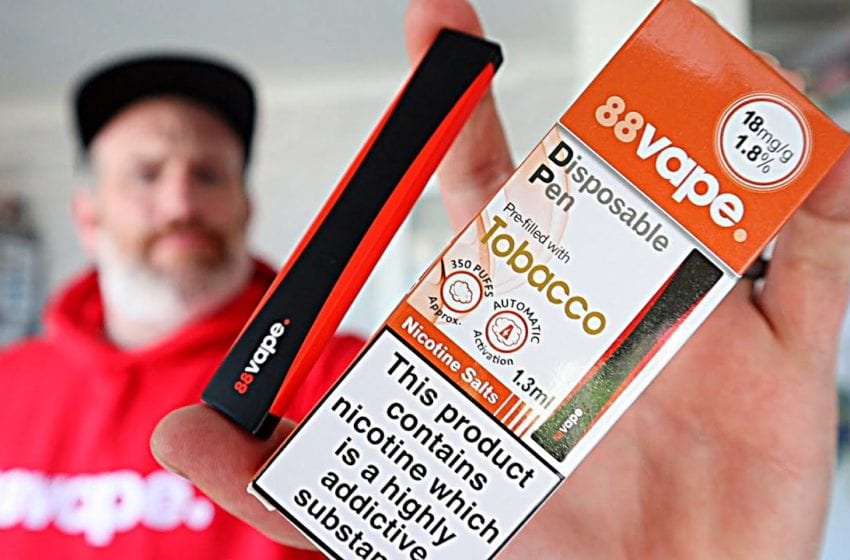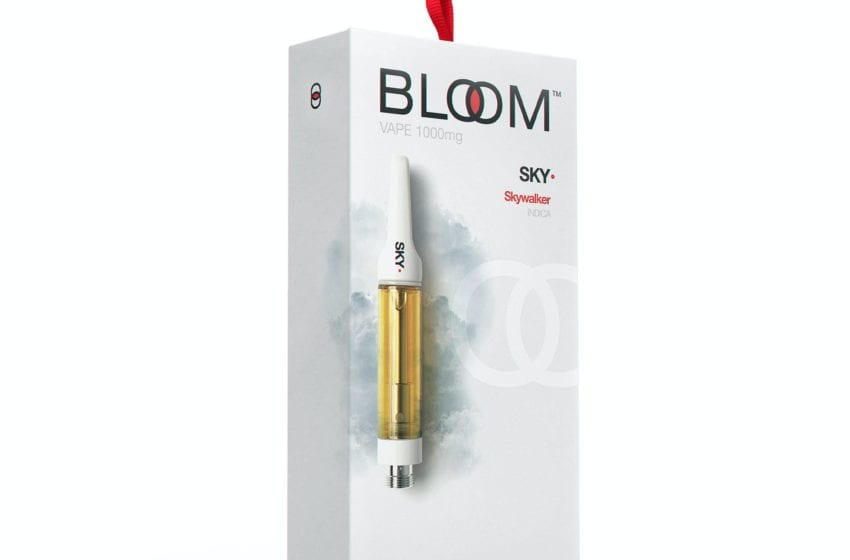
Vapor advocates have expressed concern about reports that the European Commission is potentially seeking to ban flavored e-liquids.
According to the U.K. Vape Industry Association (UKVIA), leaked EU plans for a “Tobacco Free Generation” would increase controls on e-cigarettes, despite their proven value in smoking cessation efforts.
This latest EU plan could include the following proposals:
- Extend taxation to “novel tobacco products,” including e-cigarettes
- Extend the coverage of smoking bans, both indoor and outdoor, to vaping
- A full ban on flavored products
- The enforcement on plain packaging for vaping products

“We at the UKVIA are seriously concerned by reports that the European Commission is considering such regressive action, which will likely reduce the positive impact that vaping has on people’s lives,” said John Dunne, director general of the UKVIA.
“While we completely support efforts to combat the scourge of cancer in our society, the creation of artificial barriers to harm-reduction products is clearly counterproductive. Adult smokers must be empowered to make positive change, rather than being discouraged.
“Cancer Research UK, along with the Royal College of GPs, have confirmed vaping’s significant harm-reduction compared to cigarettes, as well as its efficacy in smoking cessation. The EU’s plans are out of step with this latest evidence.
“It is vital that the U.K. now take advantage of the legislative and regulatory independence afforded by Brexit, to safeguard this country’s proportionate, evidence-based approach to vaping.”
The document was leaked ahead of the announcement today of the EU’s “Beating Cancer Plan,” which among other things calls for reducing tobacco use to less than 5 percent of the EU population by 2040.



















